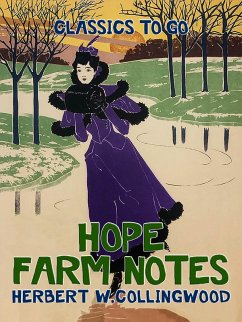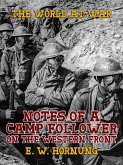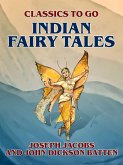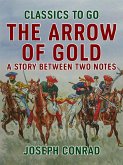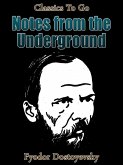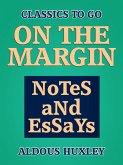Excerpt: 'As a boy on a little Yankee farm I had a "stent" set out for me every day. During the Winter it was sawing and splitting wood. Our barn stood so that somehow on a Winter's day one side of it faced the road, and it always seemed to be warm and sunny. The other was turned so it was always cold and frosty, with little if any sun. The hens, the cow and the sheep always made for the sunny side of the barn, which represented the comfortable and the bright side of life. The old gentleman who brought me up always put the woodpile on the frosty side of the barn. He argued that if the boy worked too much on the sunny side, he would stop to look at the passers-by, feel something of the joy of living, and stop his work to absorb a little of it. We were brought up to believe that labor was a curse, put upon us for our sins, a serious matter, a discipline and never a joy. When the boy worked on the frosty side, he must move fast in order to keep warm. He would not stop to loaf in the sun, he could not throw stones or practise baseball so long as he had to keep his mittens on to keep his fingers warm. Thus the argument was that the boy would accomplish more on the frosty side, and realize that labor represented the primal curse which[2] somehow seemed to rest particularly hard upon the farmer. And so as a child I did my work and passed much of my life on the frosty side of the barn, silent and thoughtful, while the hens cackled and sang on the sunny side. It seemed strange to me that people could not see that the thing which made the hens lay would surely make the boy work.'
Dieser Download kann aus rechtlichen Gründen nur mit Rechnungsadresse in A, B, BG, CY, CZ, D, DK, EW, E, FIN, F, GR, HR, H, IRL, I, LT, L, LR, M, NL, PL, P, R, S, SLO, SK ausgeliefert werden.

